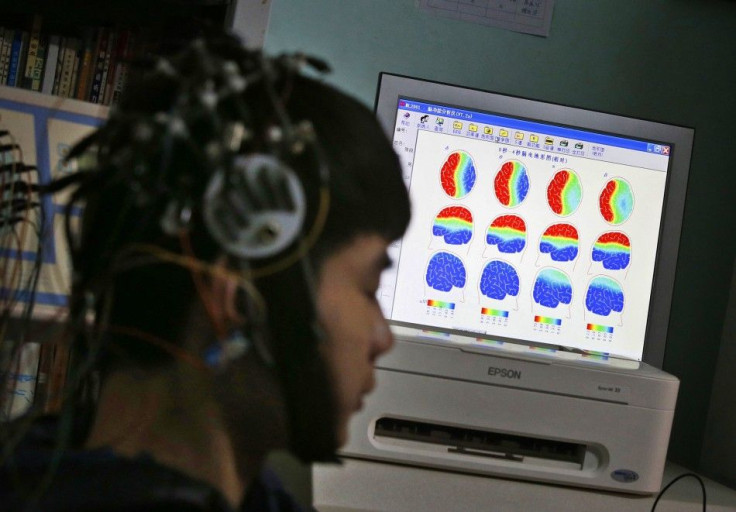Surgeons Reattach Hand Chopped By Chinese Teen To Cure Internet Addiction

He does not live in Islamic nations where chopping of body parts is a normal forms of punishment. Neither does he belong to the Biblical times when the Old Testament prescribed the Talon Law which says “an eye for an eye, a tooth for a tooth” nor to the New Testament admonition that if a person’s eyes cause him to sin, he should gouge it or if it is his hands, he must chop it.
However, that was what a 19-year-old man from Nantong in China’s Jiangsu province did when he thought he has become addicted to Internet games and could not control his addiction.
Fortunately for that confused teen, he lives in times of technological advance that goes beyond the high-tech games he has loved too much to a fault. It also has medical breakthroughs that provide surgeons with skills and expertise to reattach chopped limbs, reports a Jiangsu TV station.
The mother checked on her teen son’s room at 11 pm of Wednesday and found a note on his bed that he went to a hospital but will be back home the same night. Unknown to her, the teen called “Little Wang” got a kitchen knife and cut his left hand from the wrist then took a cab to bring him to a hospital.
He even left the severed hand on the ground, but police recovered it and surgeons reattached the limb. However, they said there is no guarantee that the teen would regain full mobility.
Fortunately, not all 24 million web junkies out of 649 million Internet users are as impulsive as Little Wang. Rather than sever their hands, they just cut off their Internet game addiction by attending boot camps that rehabilitate these juveniles.
An army psychologist who runs one such boot camp estimates 14 percent of the Asian giant’s young people are hooked on Internet games. Evidence of their addiction include not doing lessons at school or not leaving their bedrooms and limiting their daily life to just playing and sleeping.
Strategies to curb game addiction in other countries include giving Taiwanese parents the go signal to penalise their kids who play too much, opening of Internet fasting camps in Japan and banning the game DOTA in Internet cafés by a Philippine town.
Operators of Chinese boot camps believe that kids below seven should not be allowed to play online games or enter Internet cafes. The latter should also apply to Chinese youth below 18.
To contact the writer, email: v.hernandez@ibtimes.com.au






